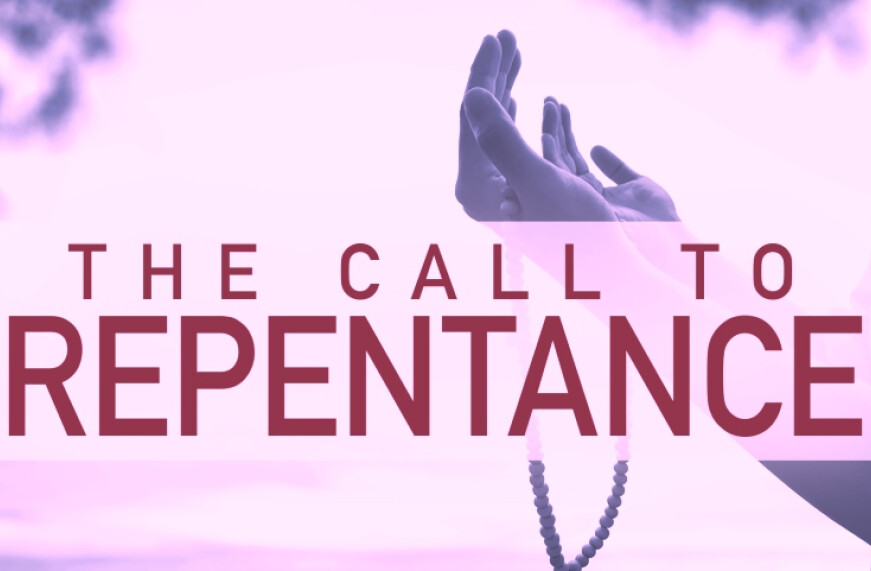Pursue Reconciliation

Jesus’ message in the Matthew 18:15-20 is clear and simple – but far from easy. Resolving conflict can be painful, confusing, and difficult. But Jesus is the divine physician – not only healer and savior of our souls, but also the healer of our earthly relationships. Sometimes pain caused between two people is so harmful, so damaging, and so deep, that it may seem impossible that it can be healed or fixed. But the love of Jesus can and will break every chain, heal every broken heart, and extinguish all bitterness and resentment if we fully entrust ourselves to him.
Telling someone they hurt you takes courage. Asking forgiveness is vulnerable and humbling. It seems so simple, but when emotions get involved, trust is broken, and betrayal and hurt are at the forefront, it can be challenging what steps forward to take. How many times have I taken the easy way out by ignoring the hurt someone caused me, allowing it to fester, and building up resentment towards them? How many times have I also made excuses, trying to justify my actions instead of owning the hurt I caused someone else and asking their forgiveness?
The passage wraps up in a way that’s seemingly unrelated to his first instruction for reconciliation, but I think Jesus is getting at this: the only way Christ can be truly present among us is if we have peace and unity in the body of Christ. Where there is brokenness in the body, healing must occur. For healing to happen, the process of reconciliation must be initiated. But whose responsibility is it? Who is to blame? Should I make the first move or is it on them?
Here’s 4 valuable steps I have learned when it comes to conflict resolution in relationships based on this Biblical passage:
- Whether you hurt someone or they hurt you, it is both parties’ responsibilities to pursue reconciliation. As the offended, it can be easy to pridefully wait for your accuser to admit their fault. Move past your pride, approach the person, and tell them how and why they hurt you and how that’s affected you. Give them an opportunity to apologize. You MUST do this, even if you think you aren’t ready to forgive them. As the offender, if you know you caused someone damage, approach them to apologize for your actions, recognize the pain that was caused, and ask them what it will take to move forward. And ask their forgiveness. In both cases – take the initiative and don’t expect the other person to do so. Both people can come away with a better understanding of the other person.
- Tell the person how they hurt you, between just you and them. Leave others out of it. Do not gossip, do not complain about it. If it is helpful, speak to a mentor or a very close friend who will not spread rumors, but is sincerely there to help you and support you through it. Bringing others into the conflict will only hurt and compromise other relationships.
- Don’t do nothing. “Time heals all wounds” is completely false. Time can help heal, but without pursuit of reconciliation and forgiveness, there can be no real healing. Do not brood over an offense – speak about it directly, privately, and face to face. The longer you wait, the longer the unopened wound goes untreated.
- And rely on Jesus. Ask Jesus to heal and comfort the person’s soul whom you hurt. And if you have been hurt, pray for your offender, because they are also suffering. Rely on the Divine Physician to do the work that we can’t – which is healing. Fix your eyes on the cross and allow his forgiveness for every offense ever done to wash over you and your current situation.


